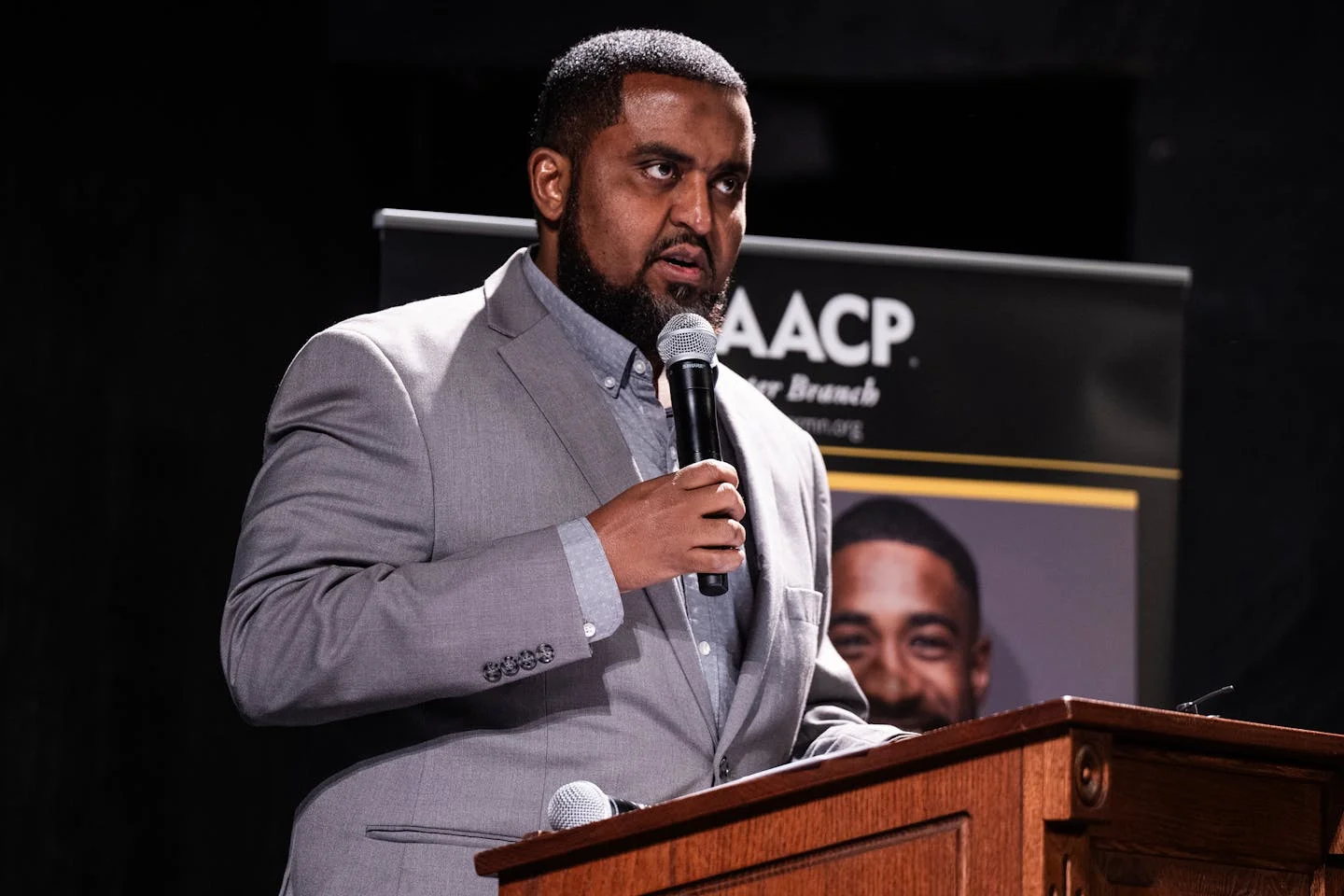Sharmake Omar Pedophile: Sharmake Omar is a man whose name appeared in several Minnesota and Iowa news reports following a criminal case involving a video posted online. According to multiple local media outlets, including the Bemidji Pioneer, Daily Globe, and Ames Tribune, the incident sparked both legal proceedings and public discussion.
This article summarizes the publicly available details from those reports, outlines the case timeline, and examines the broader topics of online content sharing, criminal law, and digital ethics.
1. Background of the Case
According to the Bemidji Pioneer and Daily Globe reports, Sharmake Omar stated in court that he did not post the video for personal enrichment but to bring attention to what he viewed as an important issue.
The media coverage notes:
- The case involved online content distribution.
- Omar admitted to sharing the video but disputed claims about his motives.
- Authorities investigated the matter under Minnesota and/or Iowa laws related to online activity.
2. The Video and Legal Concerns
Per the cited reports, the video in question contained material that led to criminal charges. While the exact content is not detailed in all outlets, the nature of the charges indicated that law enforcement considered the material to be illegal to distribute.
Key points from the news coverage:
- Authorities stressed that intent does not override the law when it comes to sharing prohibited content.
- Even if a person claims awareness-raising motives, distributing illegal material can still be prosecuted.
- Digital platforms and social media can amplify the reach — and legal consequences — of such postings.
3. Court Proceedings and Statements
In the legal process described by the Bemidji Pioneer, Omar maintained that his goal was not financial profit. Instead, he claimed he wanted the content to prompt public awareness or discussion.
The court’s role included:
- Evaluating the defendant’s stated intentions.
- Reviewing the nature of the content in relation to state and federal law.
- Determining whether the distribution violated criminal statutes.
The proceedings highlighted how digital evidence plays a central role in modern legal cases.
4. Public Reaction and Media Coverage
Local newspapers and online community discussions revealed mixed public reactions:
- Some commentators focused on the legality of sharing certain content online, regardless of motive.
- Others debated the ethical implications of using shocking or graphic material to promote awareness.
- The coverage brought attention to how quickly sensitive content can spread through social networks.
This case also underlined how individuals can become publicly associated with allegations or convictions through news reporting, which can have lasting reputational effects.
5. Digital Ethics and Legal Responsibility
The Sharmake Omar case serves as an example of broader online safety and ethics lessons:
- Know the law – Sharing prohibited material is illegal, even if you believe it serves a higher purpose.
- Consider platform rules – Social media sites have strict bans on certain types of content.
- Think about long-term impact – Once online, content can spread far beyond the original audience.
Criminal cases involving internet activity often raise complex debates about freedom of expression versus public safety.
6. Broader Legal Context
U.S. law contains strict prohibitions against distributing certain types of material, especially when it involves minors or other protected categories.
The Sharmake Omar case, as covered by the Bemidji Pioneer and other outlets, illustrates:
- How quickly a case can move from online activity to criminal investigation.
- The importance of intent in court discussions — even though it may not prevent conviction.
- The role of local media in making such cases publicly known.
Final Thoughts
Based on the publicly reported details, the Sharmake Omar case is a cautionary example of the legal risks tied to online content sharing. Regardless of personal motives, U.S. laws impose strict limits on what can be distributed online — and violations can lead to serious criminal charges.
For individuals active on social media or other online platforms, this underscores the importance of understanding legal boundaries, respecting content restrictions, and considering the long-term consequences of posting certain material.
